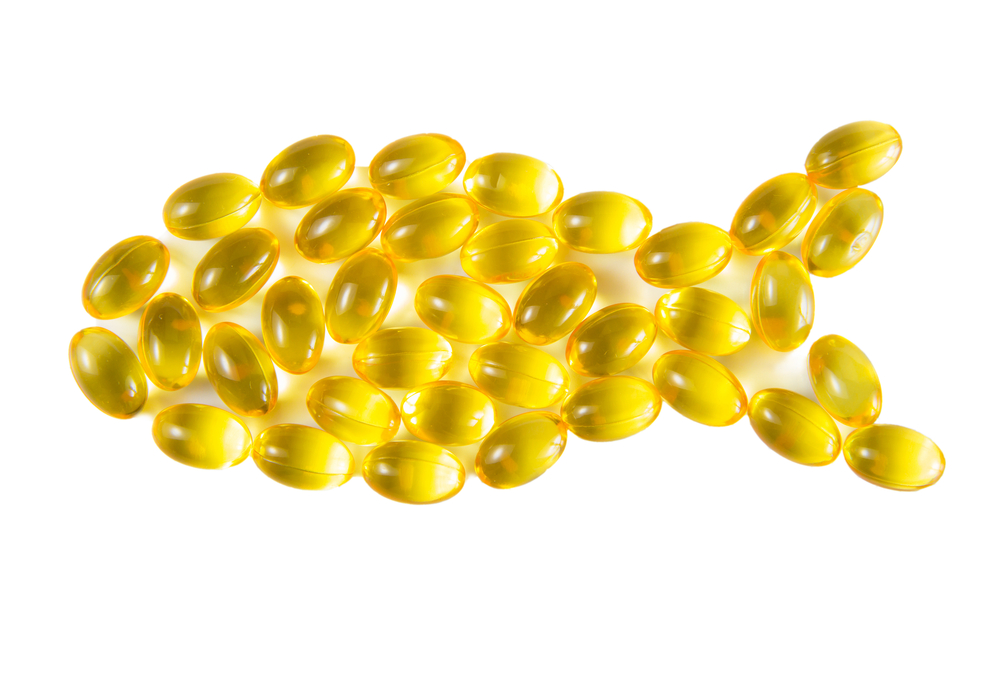Research shows how nature can help deal with menopausal hot flushes

There are 48 signs and symptoms of menopause, however, hot flushes, also known as vasomotor symptoms, are one of the most common. Indeed, only 20% of women sail through menopause without symptoms.
Plant extracts have long been used to support a natural approach to menopause to great effect. In a recent large scale systematic review and meta-analysis[1] of 67 studies, measures of daily hot flushes were assessed, when using plant extracts such as red clover, fennel seed, soy isoflavones and St John’s wort. Improvements were noted with all combinations which the authors’ attribute to the oestrogenic effects of the plants studied. A subsequent meta-analysis showed that the dietary supplement group had significant improvements in all questionnaire scores when compared with the placebo group.
The study authors concluded that ‘the results indicated the consumption of plant-derived dietary supplements can comprehensively alleviate menopausal symptoms’.
Higher levels of omega-3 fats may decrease stroke risk

There has been much research over many years on the health benefits of omega-3 fatty acids, particularly in relation to heart health. However, a recent study[2] published in the journal Stroke, showed that people with the highest levels of omega-3 levels have a lower risk of stroke. Indeed, participants with the highest omega-3 levels had a 17% lower risk for total stroke compared to those in the lowest omega-3 levels.
The body is not able to produce the essential omega-3 fatty acids, which means they must be eaten in the diet, hence there are widespread deficiencies in populations around the world. Omega-3s deliver many benefits to health, including the ability to thin the blood, hence the reason for the reduction in stroke occurrence, together with their overall anti-inflammatory effects.
According to the World Stroke Organisation, one in four adults will suffer a stroke in their lifetime which represents a 50% increase in incidence over the last 20 years and is the second leading cause of death around the word, after heart disease.
The richest source of omega-3 fats is oily fish which may explain why it’s frequently deficient. Supplementation is widely recommended around the world, in order to avoid deficiency.
Unravelling the link between ultra-processed foods and multimorbidity

There is currently much discussion on the potential risks to health of eating a diet high in ultra processed foods (UPFs). However, there is also widespread confusion as to what foods constitute being termed ‘ultra-processed’.
Interestingly, a recent study published in the respected medical journal Lancet[3], found no link between multimorbidity and consumption of UPFs including breakfast cereals, packaged bread, and plant-based alternatives. Multimorbidity is when someone develops two or more chronic diseases such as cancer, cardiovascular disease, and type-2 diabetes.
Foods generally termed ‘ultra-processed’ (UPF) are biscuits, processed meat, sugary drinks, instant noodles, plant-based alternatives, and ultra processed bread. UPFs most strongly linked to multimorbidity were processed animal products and sugary drinks.
[1] Mi Ra Oh et al. Efficacy of plant-derived dietary supplements in improving overall menopausal symptoms in women: An updated systematic review and meta-analysis. Phytotherapy Research, first published 8 January 2024.
[2] James H O’Keefe et al. Omega-3 blood levels and stroke risk: A pooled and harmonised analysis of 183, 291 participants from 29 respective studies. Originally published 22nd December 2023.
[3] R Cordova et al. Consumption of ultra-processed foods and risk of multimorbidity of cancer and cardiometabolic diseases: a multinational cohort study. Published on 13th November 2023.























Add comment